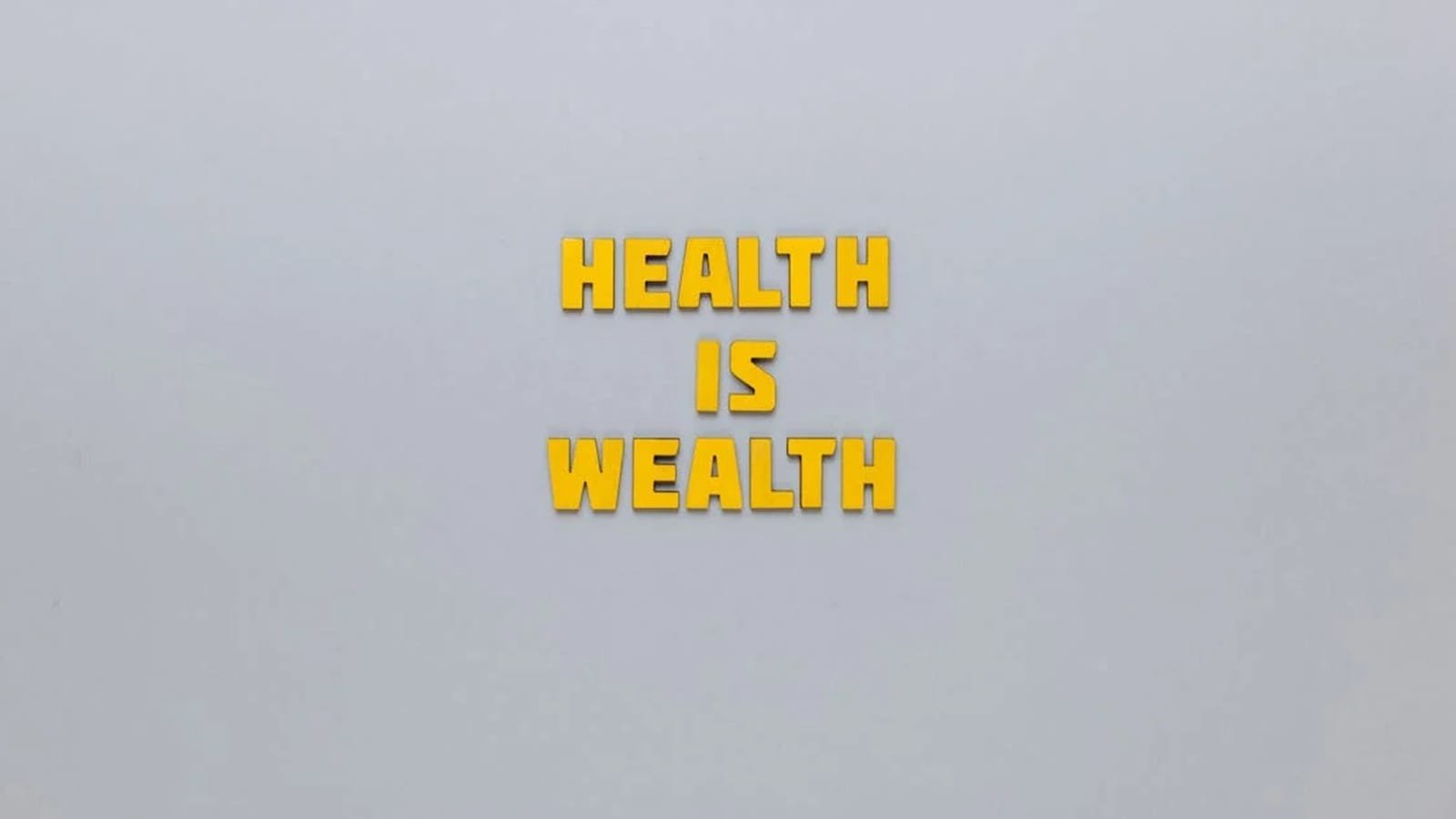In a nation of vibrant contrasts, India grapples with a complex health landscape. The scent of urbanisation mingles with the harsh tang of industrial pollution.
Decades of progress in combating infectious diseases like polio and strides in life expectancy now stand juxtaposed against a rising tide of other health issues. This is the India we find ourselves in, a nation on the cusp of a health revolution, but one that requires a collective effort.
As World Health Day dawns, we try and understand the key health issues Indians are facing and how to combat them.
India’s health landscape: A mixed bag
There’s been a rise in average lifespan, a decline in polio and tetanus, and improved programs for tuberculosis and malaria. Public awareness campaigns and initiatives like Swachh Bharat Abhiyaan have contributed to better health outcomes, noted Dr Rajeev Gupta, Director – Internal Medicine at the CK Birla Hospital, Delhi. However, a surge in non-communicable diseases (NCDs) like heart disease, diabetes, and chronic respiratory illness is a major concern.
“Today’s macro picture shows at least five interrelated challenges which are pervading the population. Cardiovascular diseases (CVDs), cancers, chronic respiratory diseases (CRDs) and diabetes are spiralling and they all share four behavioural risk factors — an unhealthy diet, lack of physical activity and use of tobacco and alcohol,” Shailaja Chandra, former secretary in the Ministry of Health, wrote in The Indian Express in 2023.
Urbanisation and pollution also add to this, according to Dr Pawan Kumar Goyal, Senior Consultant – Internal Medicine, Fortis Hospital, Shalimar Bagh.
3 key health battles Indians face
Dr Gupta and Dr Goyal expanded on the health problems plaguing India
Non-Communicable Diseases (NCDs): A leading health burden due to unhealthy lifestyles. Sedentary habits and unhealthy diets contribute to rising rates of diabetes, cardiovascular diseases, and cancers.
Malnutrition: Undernourishment and micronutrient deficiencies remain a concern.
Communicable Diseases: Though declining, TB, malaria, and dengue require vigilance, especially with antimicrobial resistance.
How to take charge of our health
According to Dr Babina NM, Chief Medical Officer, Jindal Naturecure Institute, Indians can take care of their health in the long term by prioritising preventive measures, and avoiding harmful habits. She explained the things we can do on an individual level:
Eat a balanced diet: Focus on fruits, vegetables, and whole grains while limiting unhealthy fats, processed foods, and salt.
Stay active: Regular physical activity helps maintain a healthy weight and lowers NCD risks.
Manage stress: Relaxation techniques can improve overall well-being.
Schedule regular checkups: Early detection of health concerns is crucial.
Reduce pollution exposure: Minimise time outdoors when air quality is poor and consider air purifiers for your home.
Invest in health insurance: Investing in health insurance and savings for medical emergencies ensures financial security.
Balance with holistic health: Incorporating traditional health practices like yoga and Naturopathy, alongside modern medicine offers holistic healthcare.
This World Health Day, let’s pledge to prioritise our health and fight for a healthier India. By working together, we can create a future where everyone has access to quality healthcare and can live a long and healthy life.













